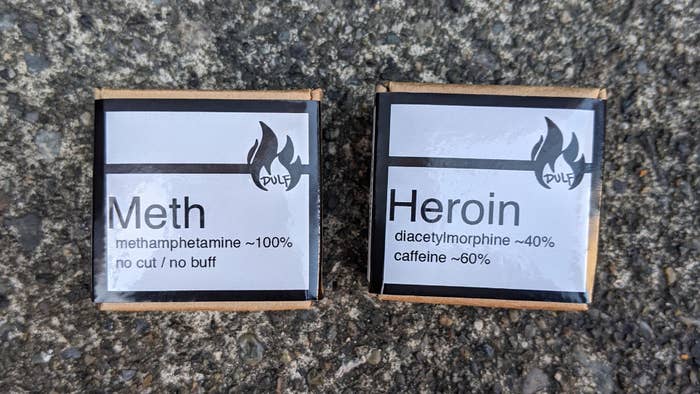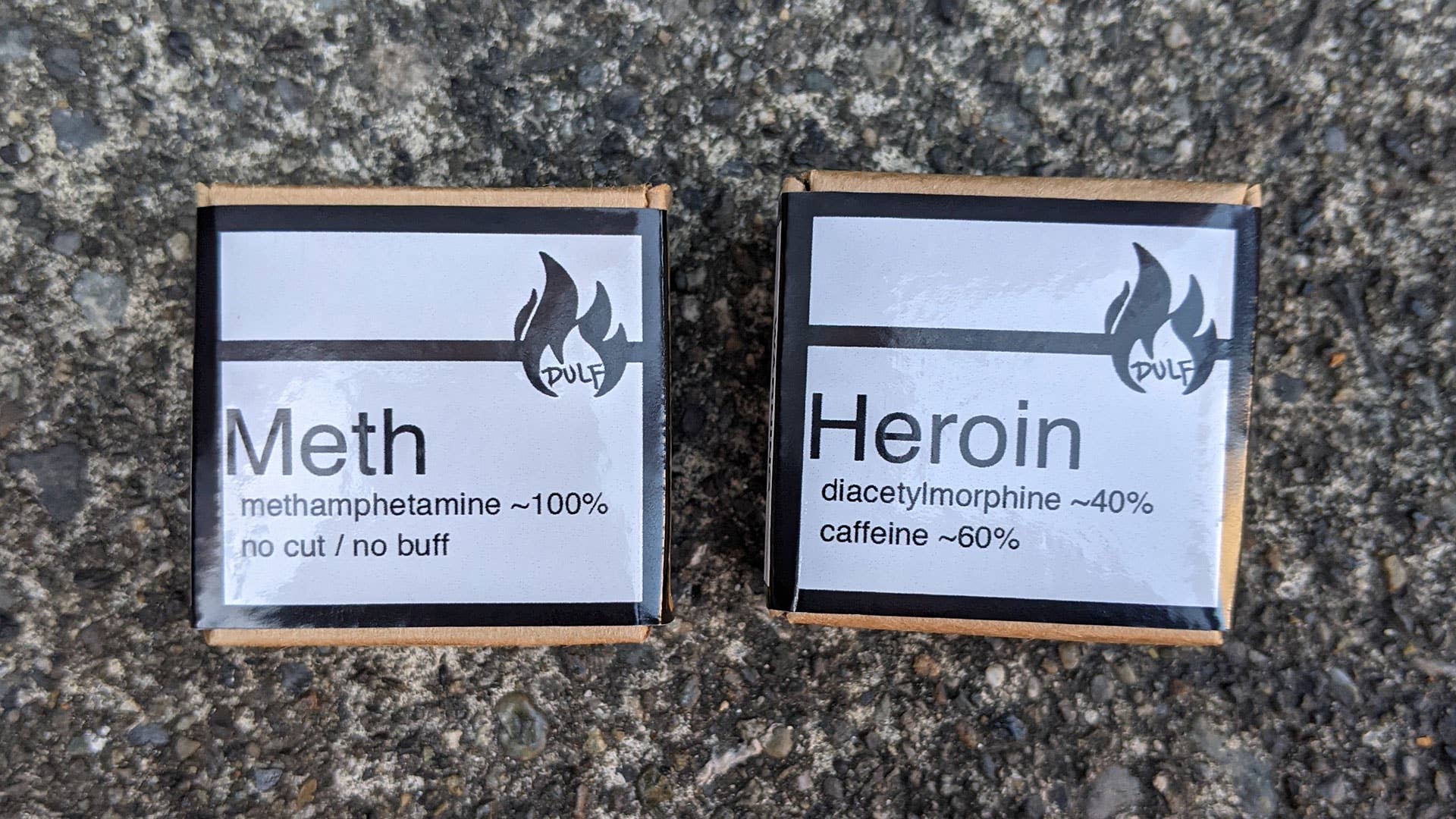
The City of Vancouver has voted nearly unanimously to support of a “compassion club” that would provide safe supplies of street drugs to people at high risk of overdose in the city.
The motion by Councillor Jean Swanson, which called for the first program in North America that would give members access to tested cocaine, heroin, and methamphetamine, passed this week.
The application was put forward by the Drug User Liberation Front (DULF), which earlier this year handed out clean samples of meth, cocaine, and heroin to raise awareness for British Columbia’s ongoing overdose emergency. Swanson blamed the overdose crisis on tainted drugs, arguing federal approval of the compassion club is needed so that groups like DULF “won’t be arrested for saving lives.” DULF had purchased their clean drugs from the dark web, which was the subject of much debate in council.
Swanson’s motion eventually passed after an amendment to make sure the drugs would be obtained from a legal source “that does not benefit organized crime.”
The motion calls for a federal exemption to Section 56 of the Controlled Drugs and Substances Act, which would allow for the creation of a safe supply fulfilment centre, where the tested drugs could be handed out. If the exemption is granted, DULF would collaborate with non-profits like Fair Price Pharma to procure, test, and package legally-sourced drugs before handing them out to users.
“PWUD (people who use drugs), their friends, communities and families have been forced to helplessly watch as provincial and federal leaders continue to take miniscule steps towards the only real solution to overdose: safe supply,” says the motion. “Further, existing safe supply models, including those in B.C., have remained extremely small in scale and failed to retain large numbers of people, in particular those experiencing the greatest vulnerabilities.”
With Canada’s drug supply becoming increasingly laced with unpredictable amounts of fentanyl and benzodiazepines, 2020 was the deadliest year for drug overdoses in B.C., with over 1,716 people dying. This year, the province is on pace to surpass that record with 1,204 deaths as of July 31.

